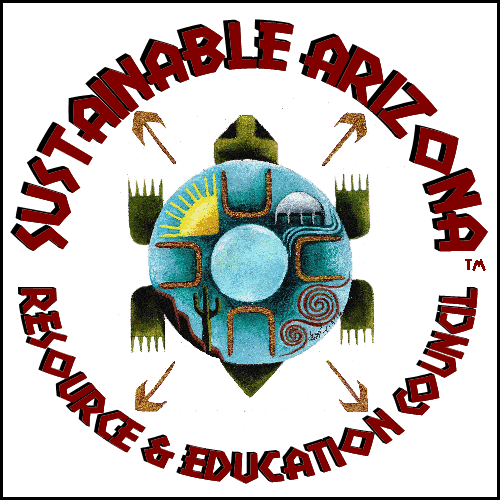 What comes to mind when you think about farming? Amber waves of grain? Rolling hills and people seated on tractors? The smell of manure? What about pollution?
What comes to mind when you think about farming? Amber waves of grain? Rolling hills and people seated on tractors? The smell of manure? What about pollution?
to pollution, most people don’t think of agriculture. In fact, in order for agriculture to continue, farmers must take good care of the environments of their land and animals.
However, there is a difference between farming and industrial agriculture. While family farms are often maintained over several generations, industrial agriculture is an entirely different thing, and it can contribute to pollution in some significant ways.
We’re going to give you the what, why, and how of industrial agriculture pollution.
What is Agricultural Pollution?
Farmed areas – both on land and in the water – provide vital habitats for thousands of wild animals and plant species. Farming operations that are managed with good sustainability practices help restore and preserve critical habitats, protect watersheds, and improve soil strength and water quality.
However, when practiced carelessly, farming is a great threat to species and ecosystems. Negative environmental impacts from unsustainable farming practices include land conversion, habitat loss, wasteful water consumption, soil erosion and degradation, pollution, climate change, and genetic erosion.
Perhaps even worse is the practice of factory farming. Scientific research has found that factory farming methods – such as confining and overcrowding animals in warehouse-like conditions before slaughter and meat production – create unacceptable levels of risk to public health and irreparable damage to the surrounding environment.
Although factory farms produce an enormous amount of waste and pollution, according to the Natural Resources Defense Council, they are largely exempt from standard air and water pollution regulations. This means that factory farms – which produce more annual waste than the entire population of the United States – can dump their waste as they see fit.
Additionally, as factory farms tasked with raising thousands of animals to meet consumer demand continue to produce tons of waste, our water supply is at risk of contamination. As waterways become polluted with agricultural waste, they lose their ability to sustain marine ecosystems. Populations of marine life are adversely affected, and the food supply becomes contaminated.

